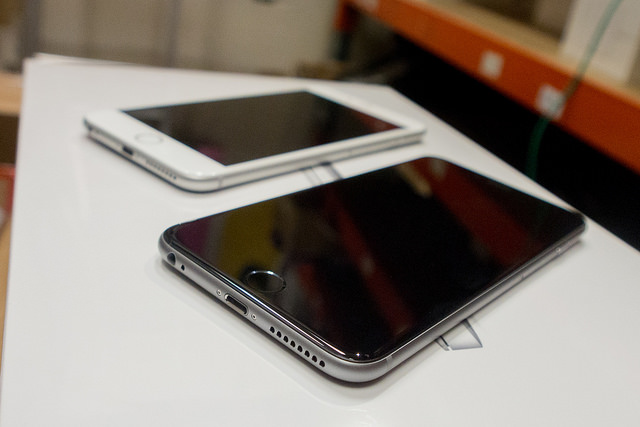US tech giant Apple has admitted it is undertaking work to counter breaches of the App Store, after malware code was added to a number of apps for iPads and iPhones which are popular in China.
Apple, who earlier this year reported the biggest quarterly profit ever by a public company when a net profit of approx £12bn was reported in the fiscal first quarter, has generally been regarded as producing security tight platforms and products, so this attack comes as something of a surprise.
The attack is believed to be the first large-scale attack the App Store, after hackers produced a fake version of Apple’s iOS app-building software, which was promoted to developers to download. Apps created with the software allowed leaking of app-user data, with the information being sent back to the hackers’ servers.
The malware also prompted users to reveal passwords and additional data through fake alerts on infected apps and devices. The apps affected were typical mass consumption apps such as an Uber-style taxi app, a music download management app and the WeChat app developed by Tencent.
Most of the apps were only available in China and most users affected were Chinese, but some affected apps are also available outside China.
A spokesperson for Apple, Christine Monaghan, stated that apps created with the malicious software, called XcodeGhost, were now eliminated. She commented, “We are working with the developers to make sure they’re using the proper version of Xcode to rebuild their apps.”
For years the stability of Apple’s devices has been one of the company’s core strengths with their MacBook computers, in addition to their handheld devices, hailed by users for their consistently well performing operating systems.
computerworld.com recently said of the new iOS 9, “Apple’s free update to its mobile OS, delivers relevant information, smarter search, better security and much needed stability.” Such plaudits have long been commonplace for the California based tech giant, but this weekend’s Chinese attack shows that no-one is immune to cyber security issues.
The App Store is generally regarded as a secure marketplace as the barrier to entry is kept high by Apple and instances of malware on iOS apps have occurred.
However, on this occasion both Apple and the Chinese iOS app developers have been caught out.
Reacting to the attack Wee Teck Loo, head of consumer electronics at market research firm Euromonitor International, told the BBC he did not expect it to have any significant impact on Apple’s product sales.
“It is definitely embarrassing for Apple but the reality is that malware is a persistent problem since the days of PCs and the problem will multiply as the number of mobile devices explodes from 1.4 billion units in 2015 to 1.8 billion in 2020,” he commented.
Apple will hope this is a blip and will continue to maintain their undoubtedly high standards. Their aforementioned record Q1 profit of approximately £11.8bn ($18bn) is the biggest in history for a public company, beating the $15.9bn made by ExxonMobil in Q2 of 2012.
The company recently revealed their new iPhone 6s and iPhone 6s Plus, which are officially launched for sale on 25th September. The pre-order period commenced on 12th September after the new phones were unveiled earlier in the previous week.



 Bitcoin
Bitcoin  Ethereum
Ethereum  XRP
XRP  Tether
Tether  Solana
Solana  USDC
USDC  Lido Staked Ether
Lido Staked Ether  TRON
TRON  Cardano
Cardano  Avalanche
Avalanche  Toncoin
Toncoin